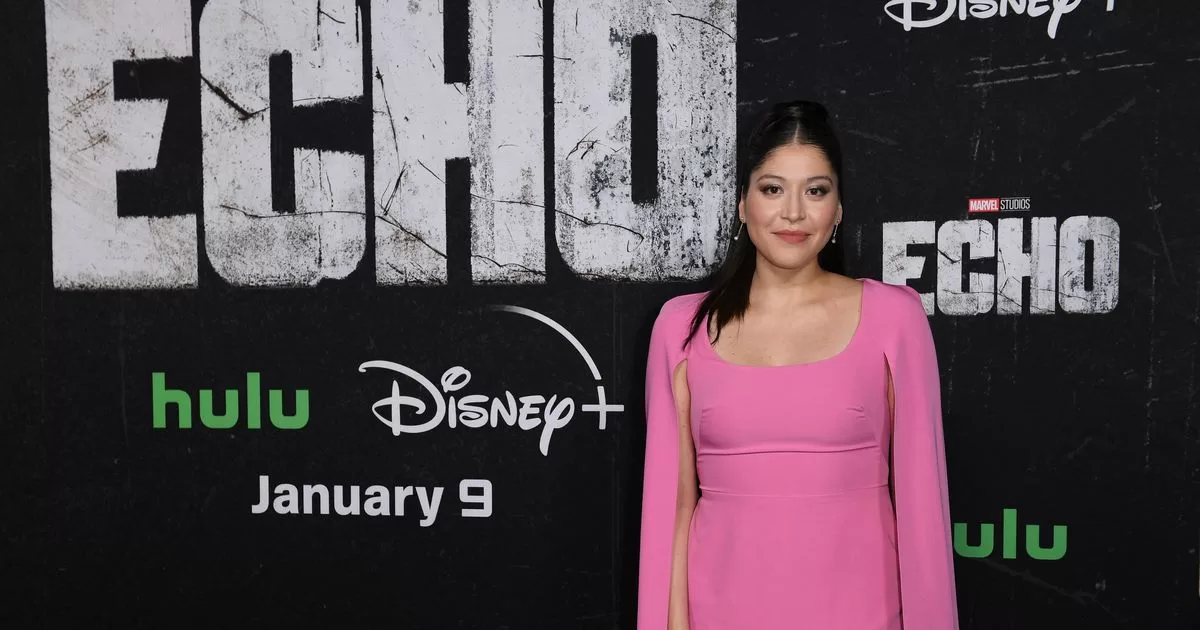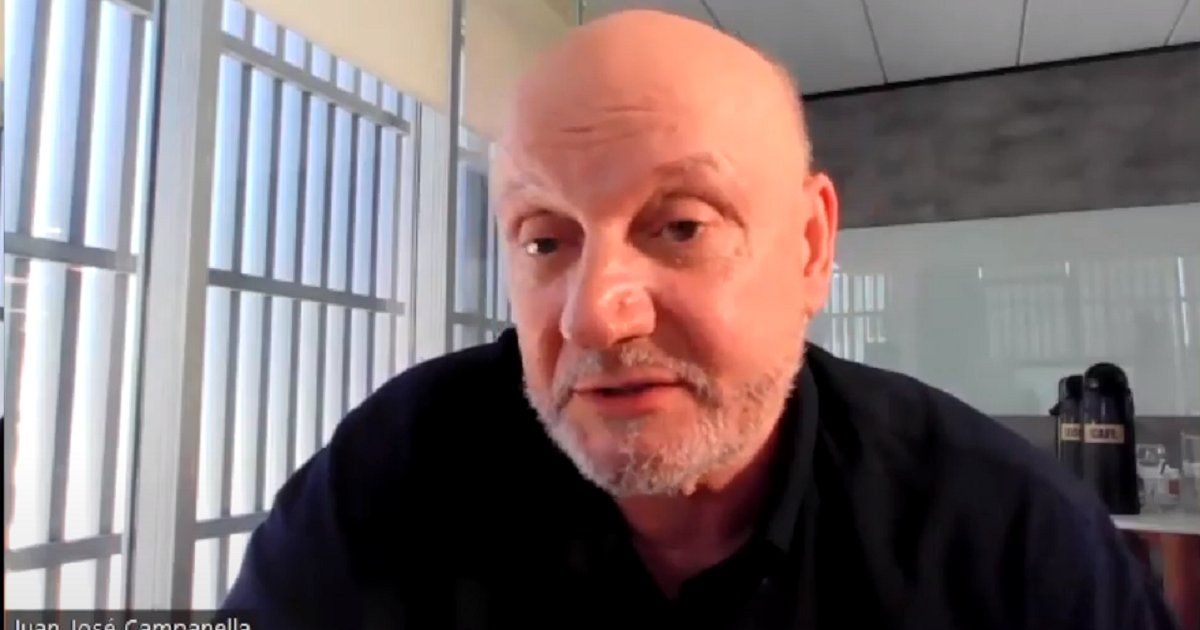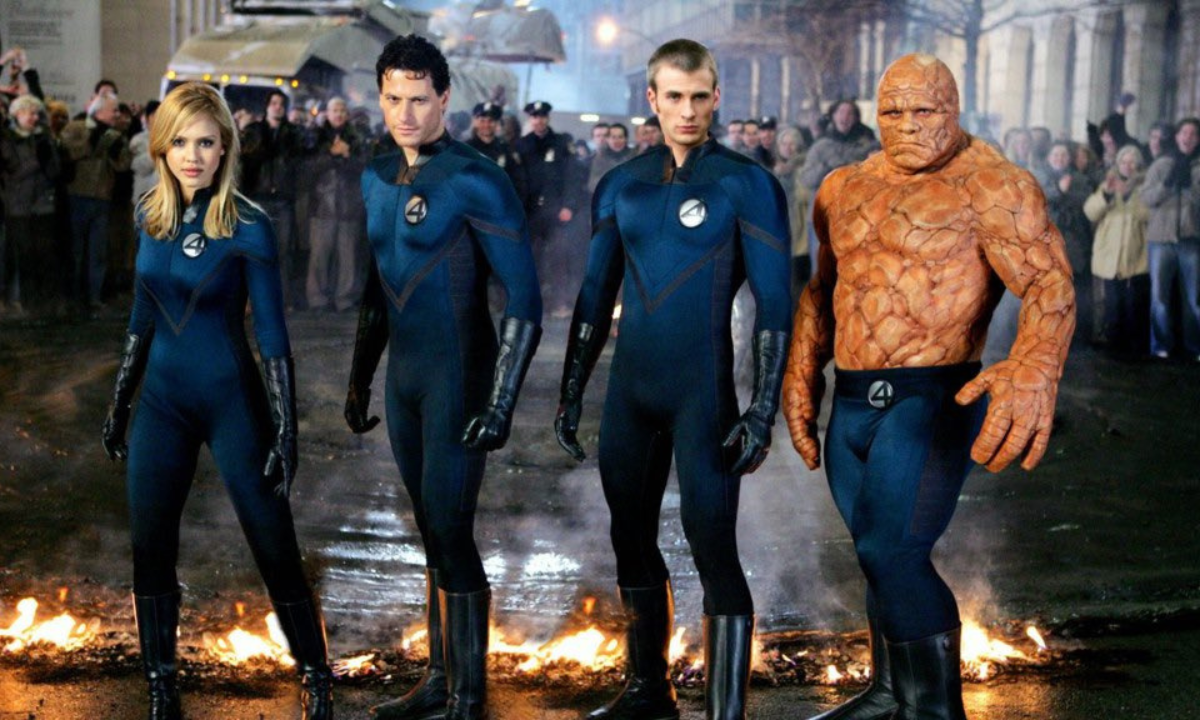LOS ANGELES.- Disney bets on a hearing-impaired, legless Native American heroine to reinvigorate its TV franchise Marvel, just weeks after its executive director indirectly criticized its filmmakers for prioritizing the message over the narrative.
The serie Echo, which airs on Tuesday Hulu and Disney+, tells the story of Maya López, who will rediscover her indigenous roots in her hometown in Oklahoma, in the central United States, after a life of crime in New York.
Much of the dialogue is in sign language, with subtitles, and the filmmakers worked intensively with Choctaw leaders to authentically reproduce scenes, including a trip back in time to a sports festival in Alabama before European contact.
“I am so proud to be able to represent a platform that elevates the voices of indigenous people (…) we are doing it properly,” said its protagonist Alaqua Cox in a recent press conference.
Disney in trouble
But the series arrives just when Disney is going through a delicate moment. His Marvel productions, which for at least a decade dominated the global box office, are now struggling to the point that his most recent, The Marvelssank in theaters.
For the first time since 2016, Disney closed last year without the title of Hollywood’s highest-grossing studio. The honor went to Universal.
At the same time, the company is in the middle of the United States culture war, with constant attacks from the extreme right and Republican politicians who claim that its narrative has become too woke, Anglicism to satirize progressive positions.
The governor of Florida and presidential candidate Ron DeSantis has not spared attacks against Disney and has given free rein to complaints about the increase in non-binary and gay characters in the company’s films, since Lightyear until Elements.
At a press conference in November, Bob Iger, Disney’s chief executive, said that the company’s writers are now more concerned with incorporating positive messages and; “they lost sight of what should be their main objective.”
Iger has emphasized his willingness to return to our roots. “The first thing is entertainment. It’s not about the message.”
“Frustracin”
In different ways, Echo represents the end point of a trend for Disney.
Marvel superhero productions started in 2008 with the The iron Manby Robert Downey Jr. His first non-white protagonist arrived only with his 18th film: Black Panther.
Since then, the franchise has expanded to television, and has produced a parade of characters, even with the box office in decline. But for Bethany Lacina, an assistant professor at the University of Rochester who specializes in public demographics, the relationship between the trends is not clear.
“Non-white people are more inclined to watch Marvel movies than whites. Especially blacks and white Hispanics,” he said.
Lacina suggested that Iger’s comments may reflect frustration that casting nontraditional leads did not automatically bring in a wide, untapped audience among minorities, as hoped.
But there is no evidence that there was a negative reaction from white moviegoers, who flocked to see films like the Oscar-nominated Black Pantherproduction praised by Iger for: “promoting aceptacin”.
What many analysts suggest is that Disney has simply produced too much content, including a superhero television series, which has led to superhero fatigue and a perceived decline in quality.
“Emotion”
Marvel’s inclination towards more diverse superheroes is due as much to a commercial strategy as to the history of the cartoons themselves, says Nick Carnes, editor of the book The Politics of the Marvel Cinematic Universe.
“If you look at the heroes of the past, the oldest characters, who accumulate generations of nostalgia, are disproportionately white and male,” said the Duke University professor.
The whole Disney project is about: “grabbing people who like stories about Iron Man or Spider-Man, and then exposing them to characters that are different,” to increase viewership, he said.
Carnes reads Iger’s comments as reflecting: “a time in which being a leader involved in politics is very tense and challenging.”
The success or failure of Echo depend on the quality of the narrative, he said.
“And at the end of the day, we’re all human beings,” said Chaske Spencer, one of the actors who is of Lakota Sioux descent. “It has to do with emotion, and we can all relate to that.”
FUENTE: AFP



